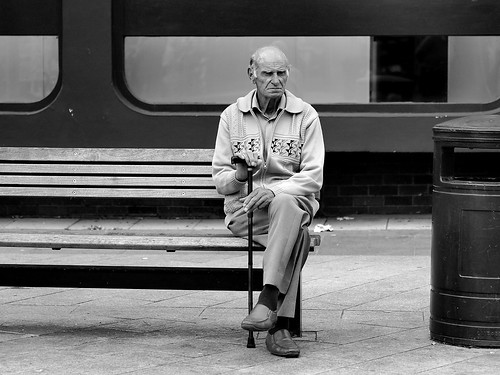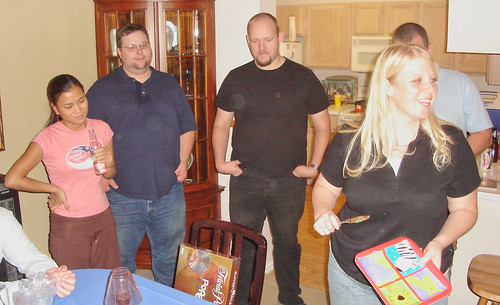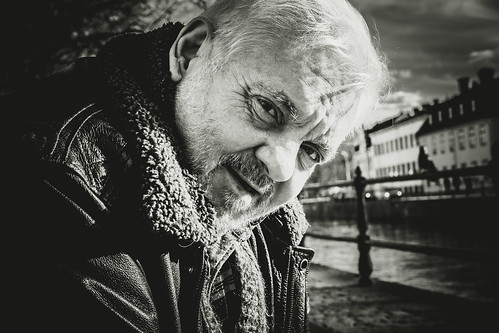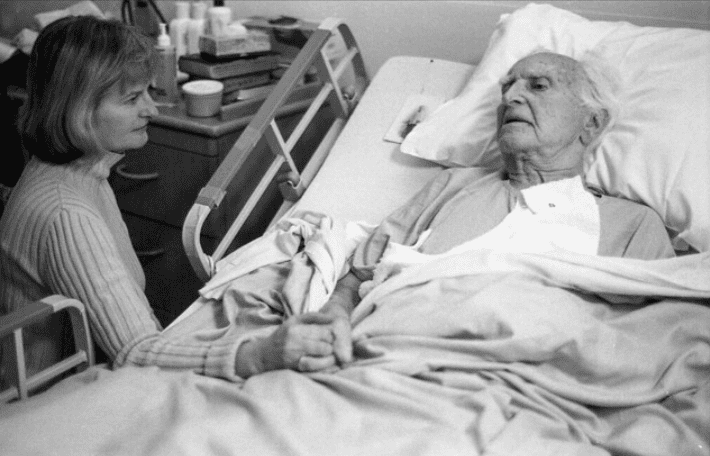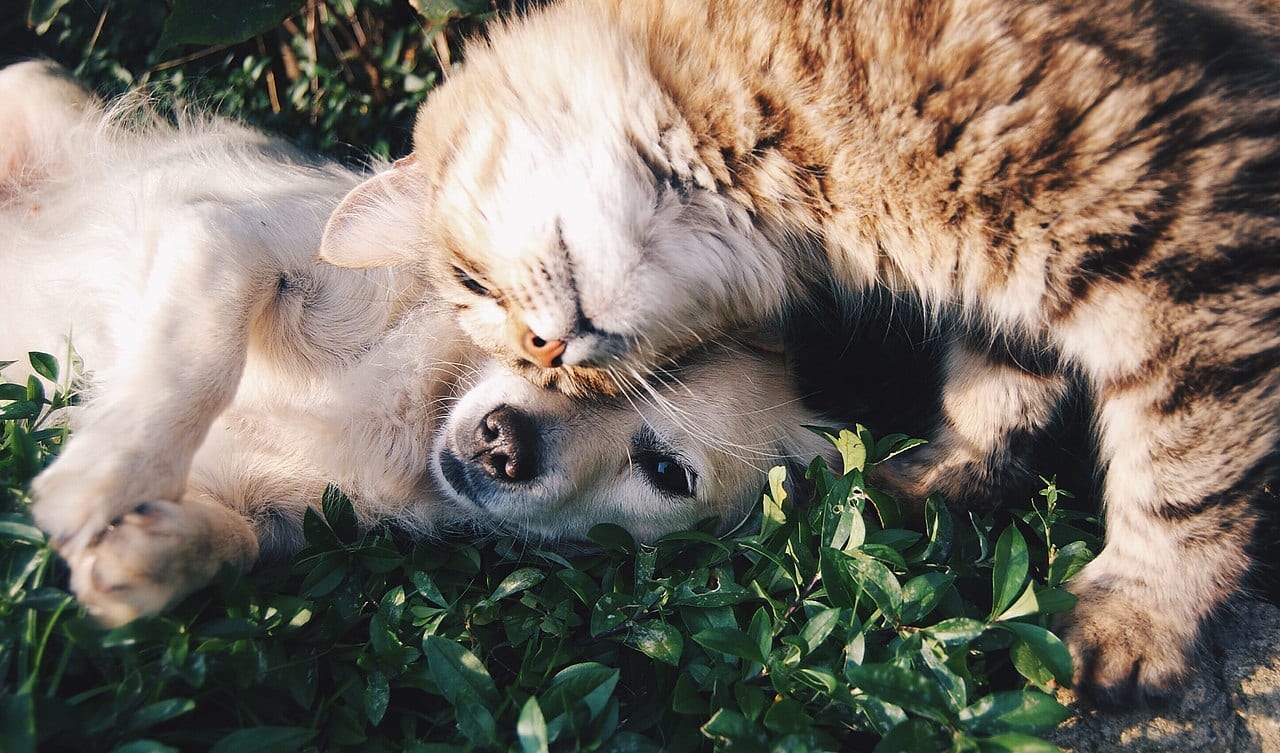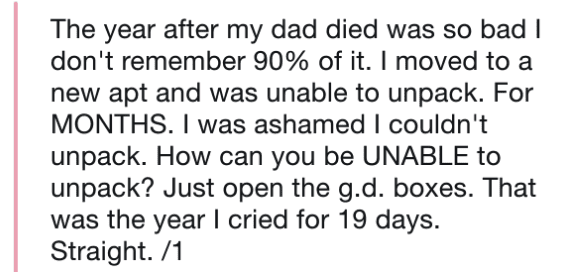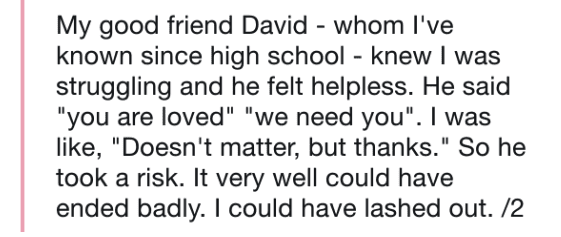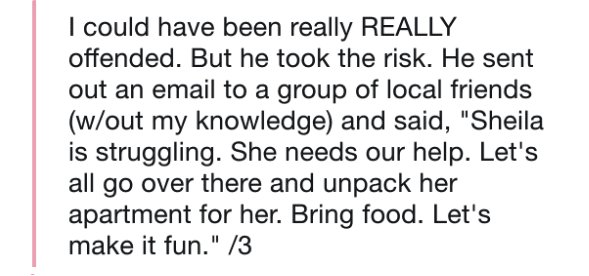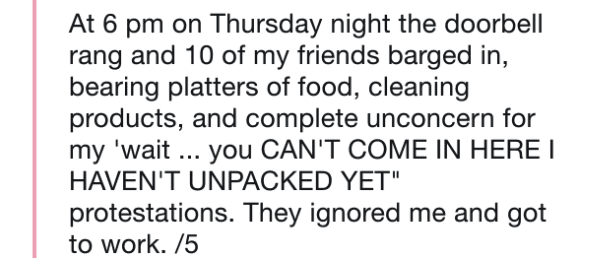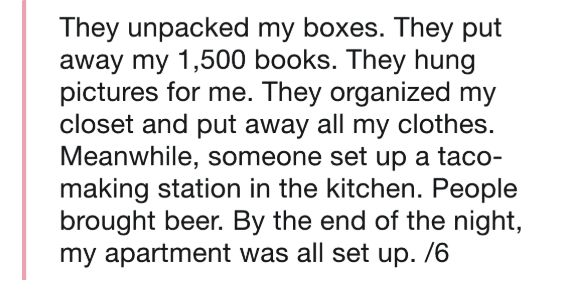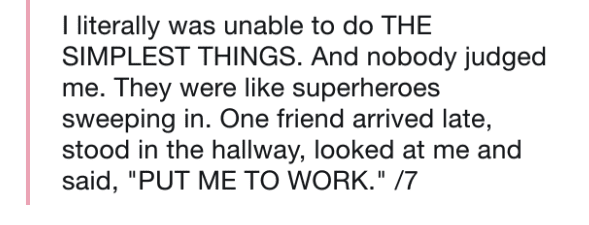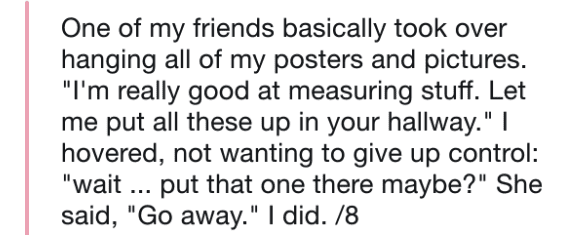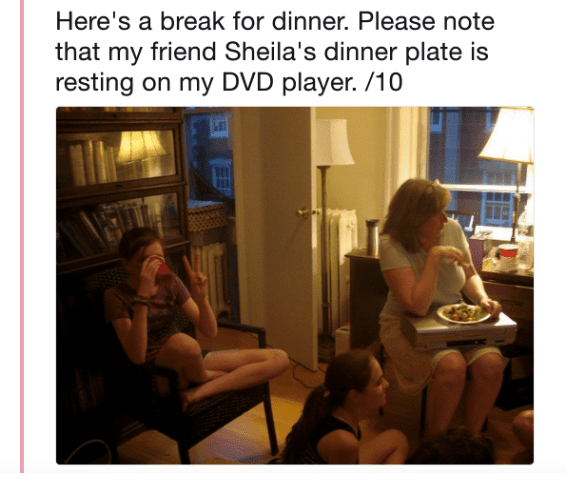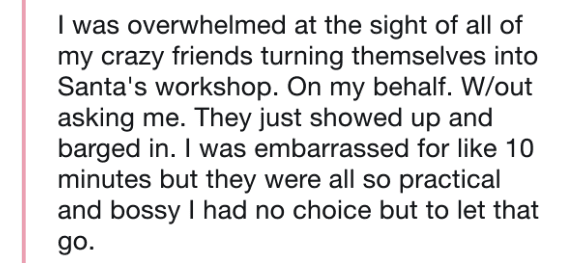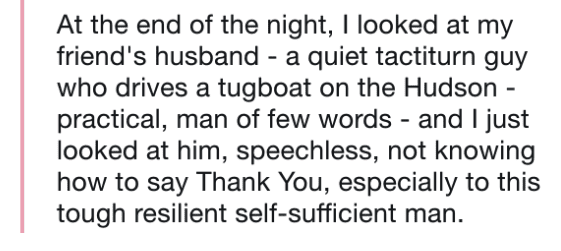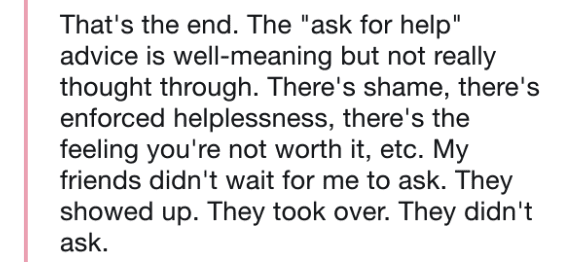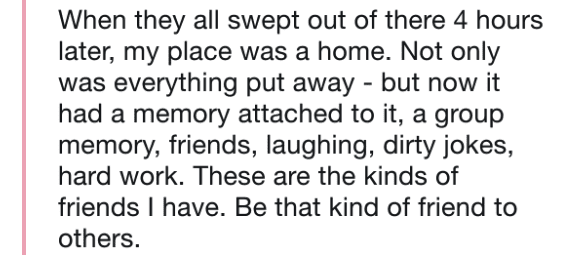For many, the holidays are a really hard time. People who have lost loved ones or had other difficult experiences in their lives tend to get depressed around the holiday season, as they reflect on their past and relive old memories.
If you are one of the many people who deals with grief and depression around the holidays, here are 10 tips you should consider to try to alleviate your pain.
1. Time and space.
Give yourself time and space to deal with your emotions. It’s okay to feel pain and loneliness if you’ve experienced loss. Treat yourself well and give yourself a break. You’re only human.
2. Spend time alone.
The holiday season can be very overwhelming for many people, so you need to find time to spend alone so you can work on yourself and get away from it all. Do what you need to do to recharge your batteries: take a walk, sit in a park, and if you want to leave parties or events early, go ahead and do it.
3. Escape route.
Have an escape plan if you attend parties or events that you know might trigger you and make you sad, emotional, or angry. It’s okay if you need to bolt, just be ready and make sure you have all your belongings so you don’t have to make a return appearance.
4. No thanks.
It’s okay to say no to parties, events, or any other kinds of invitations that you think might make you feel uncomfortable or might cause you to lose control. Remember, it’s up to you.
5. Honor their memory.
Some people choose to celebrate the traditions that their lost loved ones did to honor their memory. This can help people to remember the good times and to be nostalgic.
6. Start new traditions.
Instead of trying to recreate the traditions that you enjoyed with your departed loved ones, try to create some new ones. This practice can help you deal with the grief.
7. Get out of town.
Go somewhere new or take a road trip. Get your mind off of the familiar and the places that are associated with your loved ones who are no longer with you. A new atmosphere may do you some good.
8. Fulfillment.
Focus on some activities that you know will fulfill you and make you feel good. Volunteer. Read. Exercise. Walk your dog. Try to make some new friends. Whatever makes you feel good, do it.
9. Totally random.
Practice random acts of kindness. Help out other people and try to better, not bitter. In other words, live your life to honor the people who are gone and do your best. Part of that can be helping out strangers.
10. Remember the good times.
It might sound easy, but it can be tough. Try to remember the positive memories and happy times you spent with your departed loved ones instead of suppressing all thoughts about them. In the long run, it will help.
And while you’re at it, listen to this short but sweet song by the great Willie Nelson.
Enjoy your holidays, everyone.
The post 10 Tips for Dealing With Grief Around the Holidays appeared first on UberFacts.
